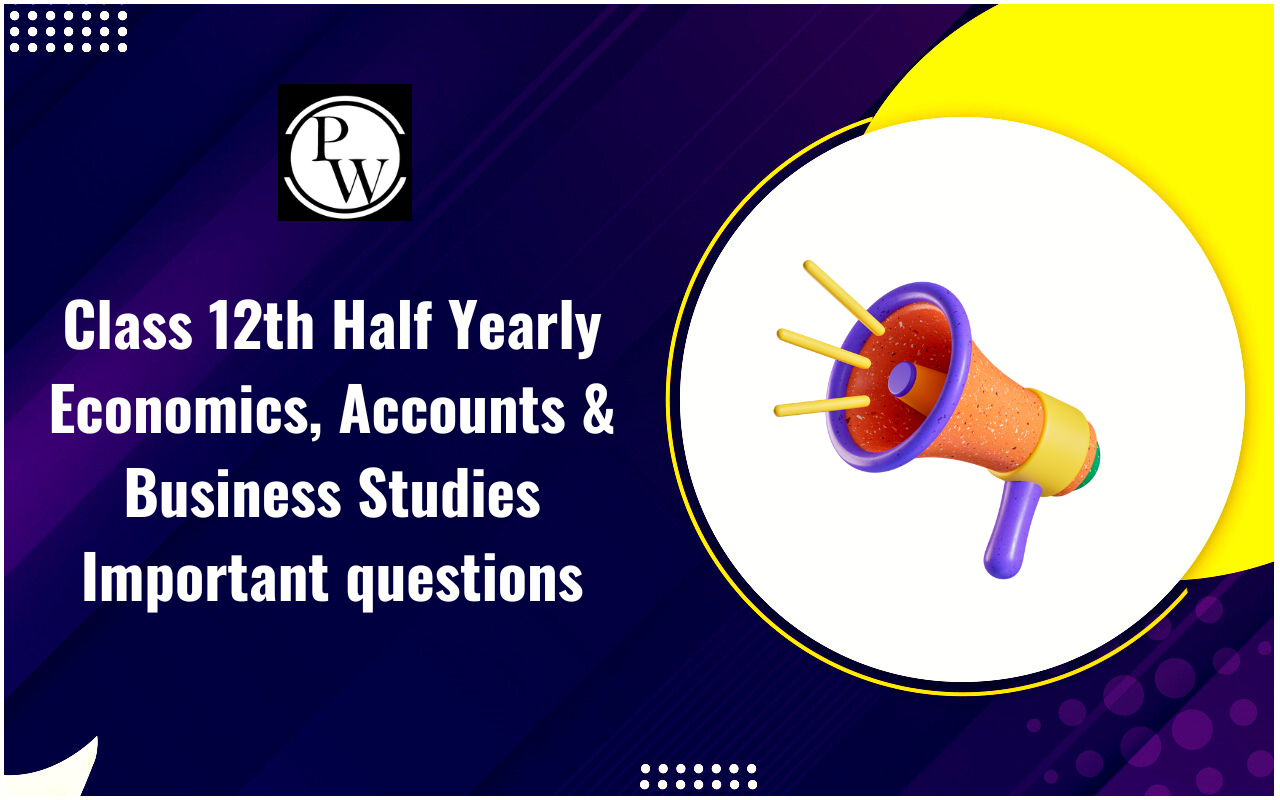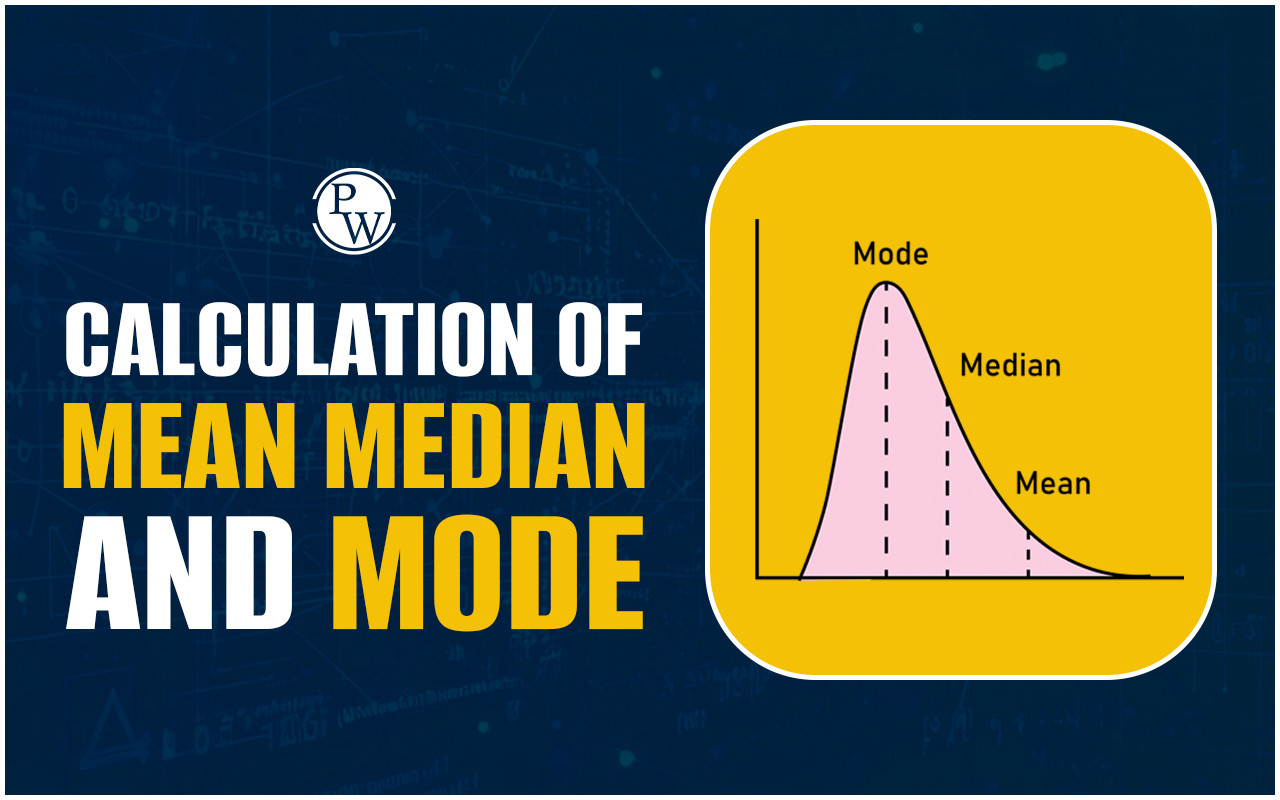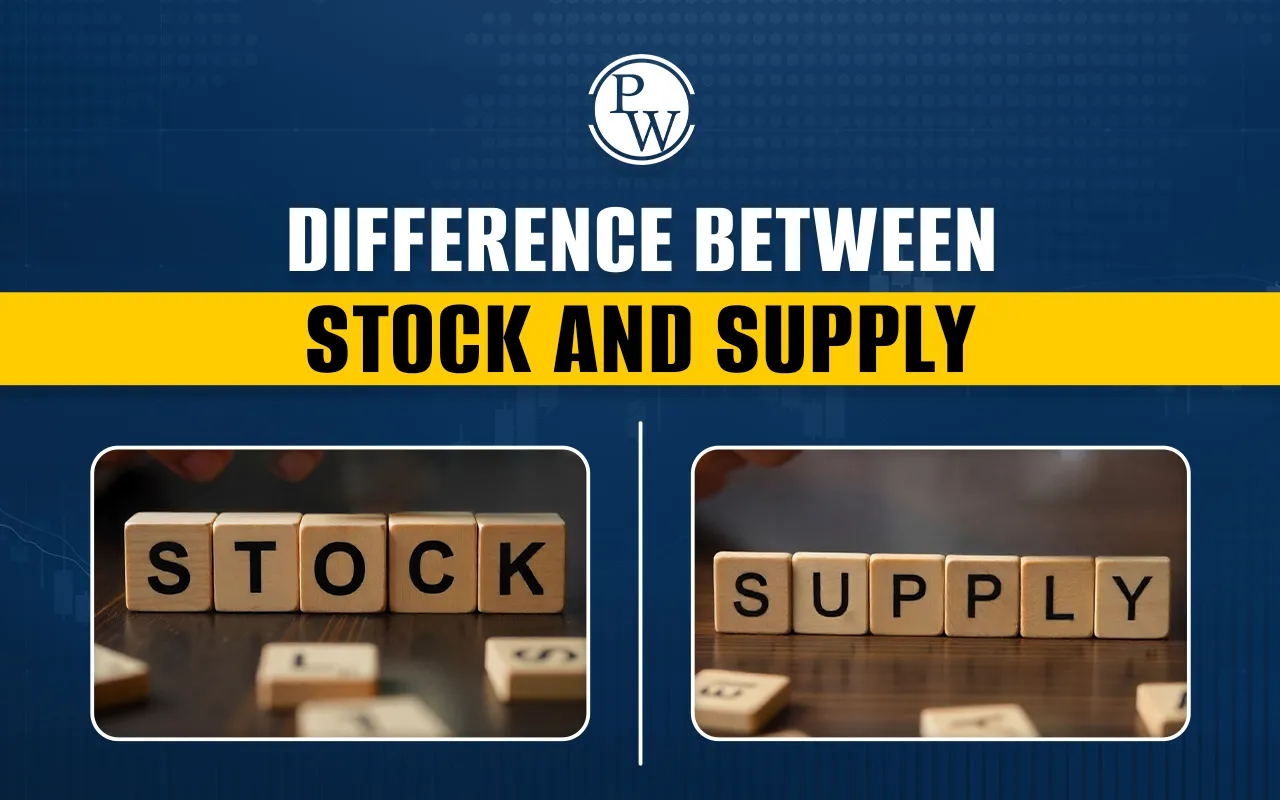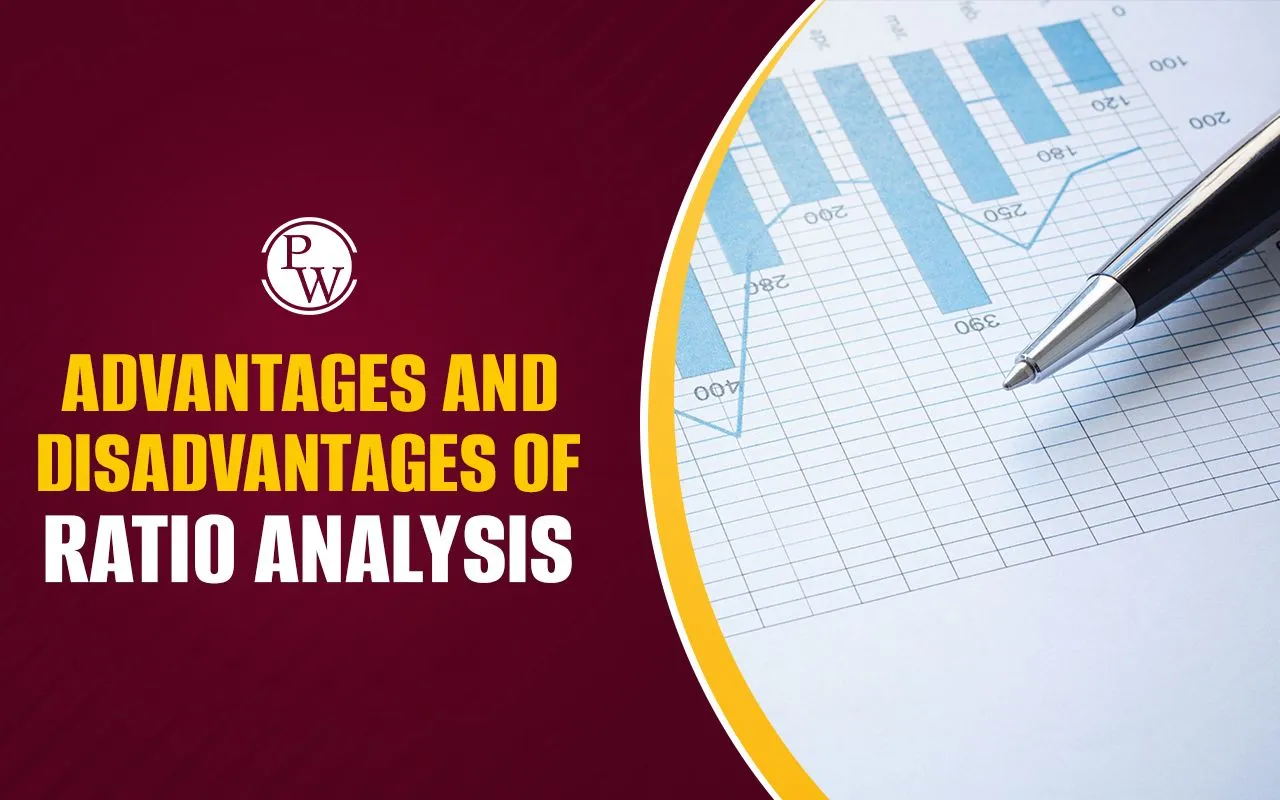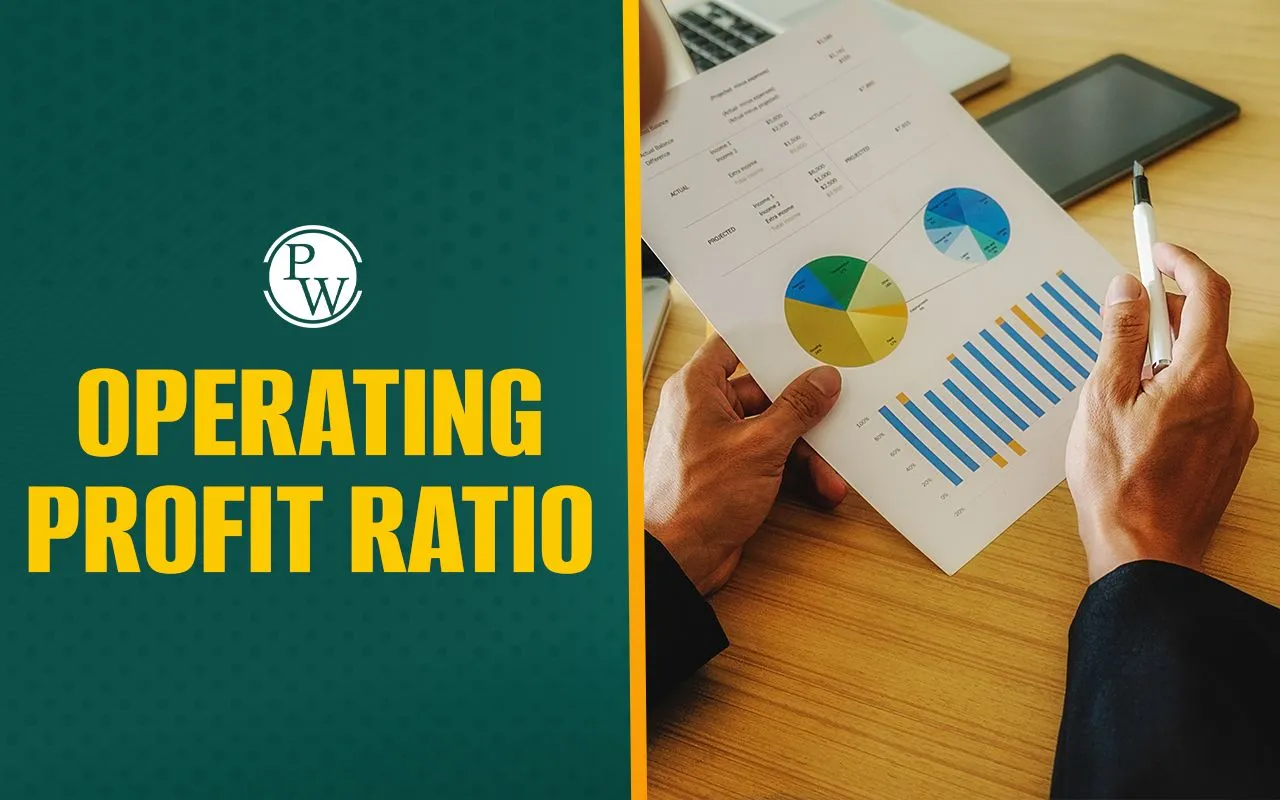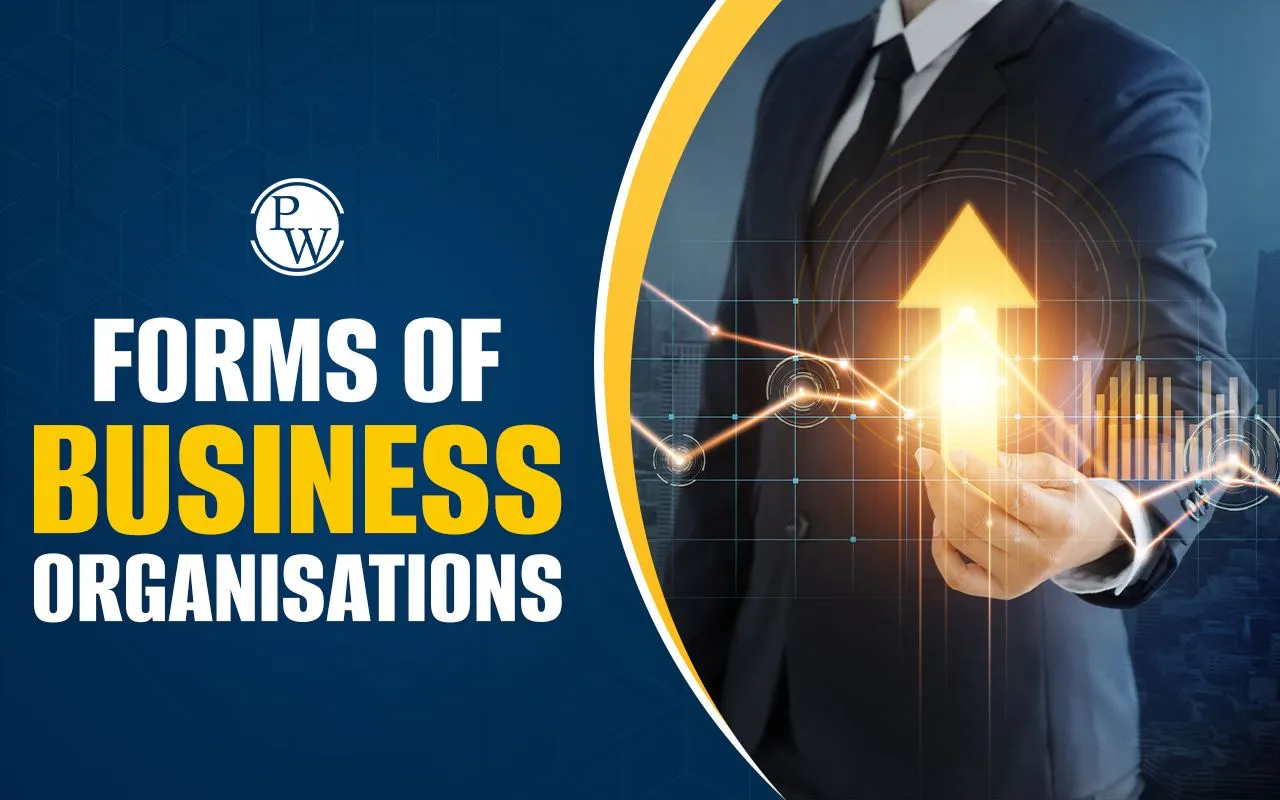

The outstanding expense is a form of personal account with a credit balance that is viewed as a liability for the company. Outstanding Expense is shown on the liabilities side of a company's balance sheet. To do accurate accounting, these expenses must be realized whether they are paid or not.
The outstanding expense is a personal account with a credit balance that is handled as a company liability. It is documented on the liabilities side of a company's balance sheet.Outstanding Expenses Meaning
Outstanding expenses refer to financial obligations that a business or individual has incurred but has not yet paid for by the end of a specific accounting period, typically a month or a year. These expenses are considered liabilities on the balance sheet because they represent amounts owed to creditors or service providers. While the goods or services have already been received or utilized, the corresponding payment has not been made. In simpler terms, outstanding expenses are like unpaid bills that a person or a company needs to settle. They are debts that need to be paid in the future for products or services that have already been received.Outstanding Expenses Journal Entry
When a business incurs an expense but has not yet paid for it, it's essential to reflect this in the company's books. This ensures that the financial statements accurately represent the true financial position of the business. Here are the steps involved in recording outstanding expenses through a journal entry: Identification of the Outstanding Expense: Before recording anything, identify the specific expense that is outstanding. This could be for services, supplies, or other obligations that the business has received but not yet paid for. Debit the Expense Account: Debit the relevant expense account in the general ledger. This reflects that the expense has been incurred and should be recognized in the income statement. Credit the Accrued Liabilities or Payables Account: Create a corresponding credit entry in the accrued liabilities or payables account. This acknowledges that the business owes money for the expense, which is recorded as a liability on the balance sheet. Determine the Amount: Specify the exact amount of the outstanding expense. Ensure that this amount is accurate and matches the obligation. Recording the Date: Note the date on which the outstanding expense is being recorded. This date should reflect the accounting period in which the expense was incurred. Explanation or Description: Provide a brief explanation or description of the outstanding expense. This helps in tracking and understanding the nature of the obligation. Approval and Documentation: Ensure that the journal entry is approved by the appropriate personnel within the organization, and all supporting documents are properly filed for future reference and auditing purposes. Periodic Review: Periodically review outstanding expenses to determine when they should be paid. When payment is made, a corresponding journal entry is made to debit the accrued liabilities or payables account and credit the cash or bank account, effectively settling the outstanding expense.Outstanding Expenses Examples
Given below we have provided a few examples of outstanding expenses in an accounting scenario: Salaries and Wages: Employees may have earned their salaries or wages during a specific month, but the actual payment to them occurs at a later date, often at the end of the month. Utilities: Businesses incur utility expenses like electricity, water, and gas for their premises. These services are often billed in arrears, resulting in outstanding utility expenses until the bill is paid. Rent: Commercial and residential tenants typically pay rent at the beginning or end of a month. If the accounting period ends before the rent payment is made, it becomes an outstanding rent expense. Interest Payable: Companies that have borrowed money may owe interest on loans or bonds. The interest accrues over time and becomes an outstanding expense until it is paid at the agreed-upon intervals. Taxes: Businesses may have tax obligations, such as income taxes or property taxes. These taxes are often paid periodically, and until they are settled, they remain as outstanding expenses. Insurance Premiums: Insurance policies often require regular premium payments. If an accounting period concludes before the premium payment, the unpaid premium becomes an outstanding expense. Supplier Invoices: When a business receives goods or services from suppliers on credit, it creates an accounts payable, which represents an outstanding expense until the supplier invoice is paid. Accrued Interest on Loans: Interest on loans is typically due at specific intervals. If an accounting period ends before the interest payment is made, it becomes an outstanding expense. Legal Fees: Legal services rendered by lawyers or law firms may result in outstanding legal fees until the invoices are settled. Maintenance and Repairs: Costs associated with repairing or maintaining equipment, vehicles, or property may be incurred but not immediately paid, creating an outstanding maintenance or repair expense.Outstanding Expenses Under Liability Account
Outstanding expenses are classified as a type of liability in accounting. Specifically, they are categorized under "current liabilities." Current liabilities are obligations or debts that a business or individual is expected to settle within a relatively short time frame, typically within one year. Outstanding expenses fall into this category because they represent financial commitments that need to be paid in the near future, even though the payment has not occurred as of the present accounting period.Read Related Topics
Outstanding Expenses FAQs
Why Are Outstanding Expenses Recorded?
They are recorded to accurately represent unpaid financial commitments in accounting records.
How Are Outstanding Expenses Classified?
Outstanding expenses are classified as current liabilities on the balance sheet.
What Are Some Common Examples of Outstanding Expenses?
Common examples include unpaid salaries, rent, utilities, and supplier invoices.
How Do Outstanding Expenses Impact Financial Statements?
They increase liabilities on the balance sheet and are reflected in the income statement when incurred.
When Should Outstanding Expenses Be Paid?
Outstanding expenses should be paid when the payment becomes due, typically within the next accounting period.
Talk to a counsellorHave doubts? Our support team will be happy to assist you!

Free Learning Resources
PW Books
Notes (Class 10-12)
PW Study Materials
Notes (Class 6-9)
Ncert Solutions
Govt Exams
Class 6th to 12th Online Courses
Govt Job Exams Courses
UPSC Coaching
Defence Exam Coaching
Gate Exam Coaching
Other Exams
Know about Physics Wallah
Physics Wallah is an Indian edtech platform that provides accessible & comprehensive learning experiences to students from Class 6th to postgraduate level. We also provide extensive NCERT solutions, sample paper, NEET, JEE Mains, BITSAT previous year papers & more such resources to students. Physics Wallah also caters to over 3.5 million registered students and over 78 lakh+ Youtube subscribers with 4.8 rating on its app.
We Stand Out because
We provide students with intensive courses with India’s qualified & experienced faculties & mentors. PW strives to make the learning experience comprehensive and accessible for students of all sections of society. We believe in empowering every single student who couldn't dream of a good career in engineering and medical field earlier.
Our Key Focus Areas
Physics Wallah's main focus is to make the learning experience as economical as possible for all students. With our affordable courses like Lakshya, Udaan and Arjuna and many others, we have been able to provide a platform for lakhs of aspirants. From providing Chemistry, Maths, Physics formula to giving e-books of eminent authors like RD Sharma, RS Aggarwal and Lakhmir Singh, PW focuses on every single student's need for preparation.
What Makes Us Different
Physics Wallah strives to develop a comprehensive pedagogical structure for students, where they get a state-of-the-art learning experience with study material and resources. Apart from catering students preparing for JEE Mains and NEET, PW also provides study material for each state board like Uttar Pradesh, Bihar, and others
Copyright © 2025 Physicswallah Limited All rights reserved.



